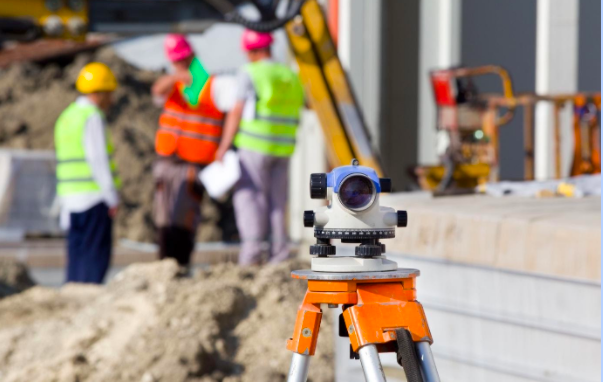As if overseeing largescale construction and excavation projects wasn’t difficult enough, along came COVID-19 to throw another spanner in the works.
By now, building firms have gotten to grips with the safety measures that are necessary to keep workers and the public safe, and while social distancing and the like make completing construction works particularly difficult in some areas, the show must go on – the demand for new-build homes and commercial properties remains as feverish as ever.
So, parking the pandemic to one side for the moment, what other challenges do large outdoor construction or excavation projects face? And what do you need to be aware of to ensure that the project goes smoothly and that everyone is kept safe on the job?
Precise Project Management
Fail to prepare, prepare to fail – so said Benjamin Franklin, anyway. And he had a point.
If you fail to prepare your excavation project correctly, by not planning each step of the process with precise timelines and costing, or by failing to build in contingencies for delays and supply chain failure (more on that later), then the chances are that your build/dig will go horribly wrong.
Goal setting from the outset is vital. Construction projects can fall behind the deadline or run over budget – sometimes, that is simply unavoidable – but effective project management from the get-go can limit the risk of either. It’s useful for accountability, too.
What many firms find helpful is to break a large-scale project down into smaller sections, delegating the management of each where necessary and setting goals within each sub-set. Don’t forget, one error or delay can compound the overall build/dig, so keeping these to a minimum is paramount.
Another difference between success and failure on an excavation project? Effective communication. There are likely to be different teams within your overall dig. Keeping in constant contact with each of these will prove vital in outlining any potential pitfalls that may overcome the project. Disseminating information is essential to stop any breakdowns from occurring. Whether that is face-to-face communication or via Zoom or Microsoft Teams in this COVID age, be sure to take the time to talk with all contractors of your job.
Adequate Risk Management
It goes without saying that excavation projects – with major plant equipment and deep holes – are dangerous!
Safeguarding and putting processes in place that minimize the risks are vital because even with insurance in place, it is imperative that accidents and damage to property are avoided at all costs.
The complexities of that are increased by the presence of sub-contractors on-site, who may be certified and experienced, but that does not necessarily guarantee that accidents and incidents won’t occur. Refreshing your staff and contractors’ memories about the need for safe working practices will improve the efficacy of your dig exponentially.
This is as good a time as any to talk about excavation business insurance. It is essential that you have adequate cover in place before any work gets underway. At least then you have the peace of mind of knowing that should the worst happen, you will be protected legally and financially.
Most excavation business insurance policies will contain medical payment protection, so should a contractor or a member of the public suffer an injury on your site, then you will be covered for their medical treatment costs. You should be protected in the case of property damage too, so if your excavation team hits an underground pipe that causes a water or gas leak, then you will be covered.
Supply Chain Failure
Anyone that has been in the construction trade long enough knows that the supply chain in the sector is as fragile as it gets.
Getting equipment and materials onto your site in a timely fashion is ultimately key to ensuring you remain on course to meet your deadlines. Unfortunately, the reality is that that can be out of your hands if there are issues further up the chain.
All you can do is build contingencies into your project that allow for delays while effectively communicating with your staff and contractors to ensure that everyone is in the loop.
Planning your excavation using effective project management will ensure that orders for supplies are placed in ample time. Even if there are delayed deliveries, you then remain in a good position.
There will forever be challenges to large construction and excavation projects, which have been exacerbated by COVID-19. But with appropriate management, you can minimize the damage these have on your build or dig.




